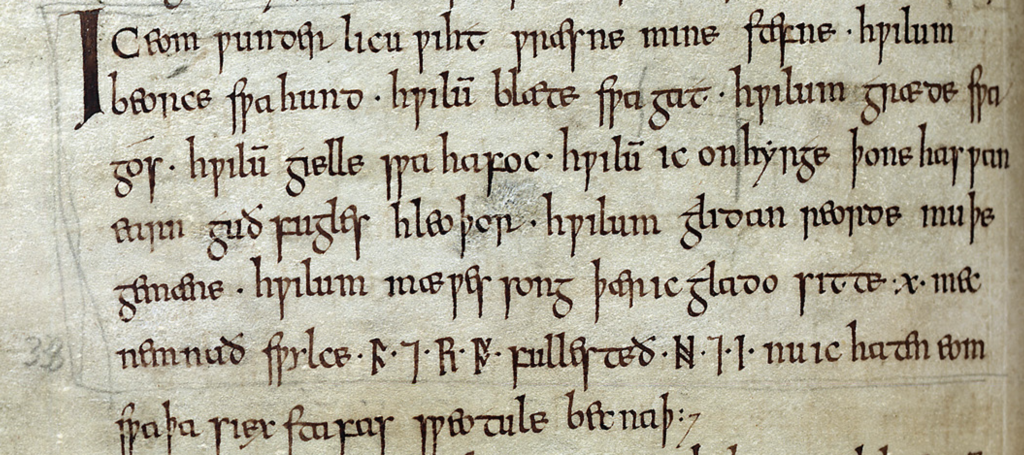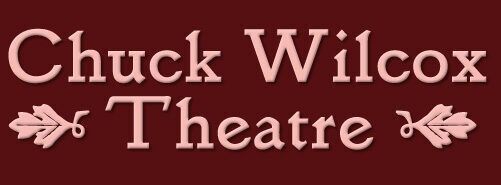My interest in Riddles began during WWII when in Saratoga, Wyoming my grandmother asked me to help her at their gas station (my grandfather was serving in the military). She asked me two iconic riddles. She was responding to the need to entertain a young boy, bored between customers. As a teacher she knew the best way was to engage my mind.
1
What goes up the chimney down, and down the chimney up?
2
Patch upon patch, a hole in the middle, guess the riddle, I’ll give you a gold fiddle.
The second one was dangerous because in my teaching experience there were some youngsters riddle-wise enough that they answered this one, and I had to come up with something that would satisfy them as a gold fiddle.
“The purpose of a riddle is to teach reasoning skills.”
— Chuck Wilcox
The purpose of a riddle is to teach reasoning skills. The words describe something, and the listener must turn those words around, look at them from various points of view, make a choice, and announce it to the riddle maker. It might be wrong, it might be close, it might be right – the answer is less critical than the process. Here’s a favorite:
3
I never was.
I am always to be.
No one ever saw me or ever will.
Yet everyone believes in me.
What am I?

Nasrudin the Trickster
Beginning in the 13th century, Nasrudin became a central figure throughout the Middle East. I memorized these tales to share because they encourage the listener to expand their logical thinking and go beyond the words and situation of the riddle.
FISHING
Nasrudin is sitting in the marketplace with his fishing line in a bucket of water.
A wise guy walking by asks Nasrudin: “How many have you caught?”
And Nasrudin replies “You make nine so far.”
4
What is Nasrudin teaching in FISHING?
YOU’RE RIGHT!
Nasrudin was appointed to be a judge.
In his first case the affirmative argued and Nasrudin said, “You’re right!”
Then the negative presented their case and Nasrudin said, “You’re right too.”
Afterwards Nasrudin’s wife asked him, “How can they both be right?”
He replied: “You know what, you’re right too.”
5
What is Nasrudin teaching in YOU’RE RIGHT!?
LIARS WILL BE HUNG!
A ruler in Nasrudin’s town said to him one day,
“The next person who tells a lie in my kingdom is going to be hung.”
Nasrudin starts to leave the room.
The ruler says, “Where are you going? And tell the truth, Nasrudin.”
Nasrudin says, “I’m going to be hung.”
6
What is Nasrudin teaching in LIARS WILL BE HUNG!?

Anglo Saxon Riddles
In an undergraduate literature course I became aware of Anglo-Saxon riddles. The source that I had said there were no answers to the riddles… Later scholars made good guesses and the riddles became more transparent. The form for writing them became intriguing and I tried my hand at it. And I still explore this form. In 2019 my wife, good friend, and I were in Exeter and were able to view Anglo-Saxon riddles in The Exeter Book, at the Exeter Cathedral Library. MS 3501, also known as the Codex Exoniensis, is a tenth-century book or codex which is an anthology of Anglo-Saxon poetry.
